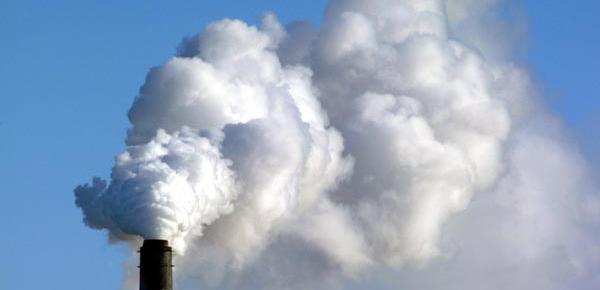PPC, the main power utility, and leading Greek industrialists appear to be joining forces for a united national front in the country’s bid to secure free carbon emission rights, an exemption granted by the European Commission to EU member states whose GDP measured less than 60 percent of the EU average in 2013.
At the time, Greece failed to qualify because the country’s GDP measured 62.5 percent of the EU average, but has since fallen below the 60 percent level.
Earlier this week, the head of a prominent Greek industrial enterprise noted PPC’s request for free carbon emission rights in electricity production represents a national cause, and, as a result, would receive his backing. Other key industrial figures are believed to be adopting similar stances.
Authorities are hoping the potential savings of free carbon emission rights could lead to reduced electricity bills for households, businesses, as well as the energy-intensive industrial sector.
However, based on regulations, the majority of resulting benefits generated by carbon emission right cost exemptions need to be channelled into pro-environmental activities. The benefits are intended to increase the competitiveness of lignite-fired electricity production.
The push for an exemption coincides with ongoing negotiations between PPC and industrialists for new industrial-sector tariffs, to replace temporary tariffs now in place.
Just days ago, PPC’s chief executive Manolis Panagiotakis said progress is being made in the talks and that the negotiating sides are close to achieving deals. Aluminium of Greece is an exception. It has been agreed to stage negotiations over a three-month period for this industrial enterprise’s case.
The industrial sector’s willingness to support PPC in its fight for free carbon emission rights highlights the improved ties between the two sides following less amicable periods in recent years.
Failure by PPC to be granted free carbon emission rights would place the utility’s lignite-fired electricity production under great pressure.





